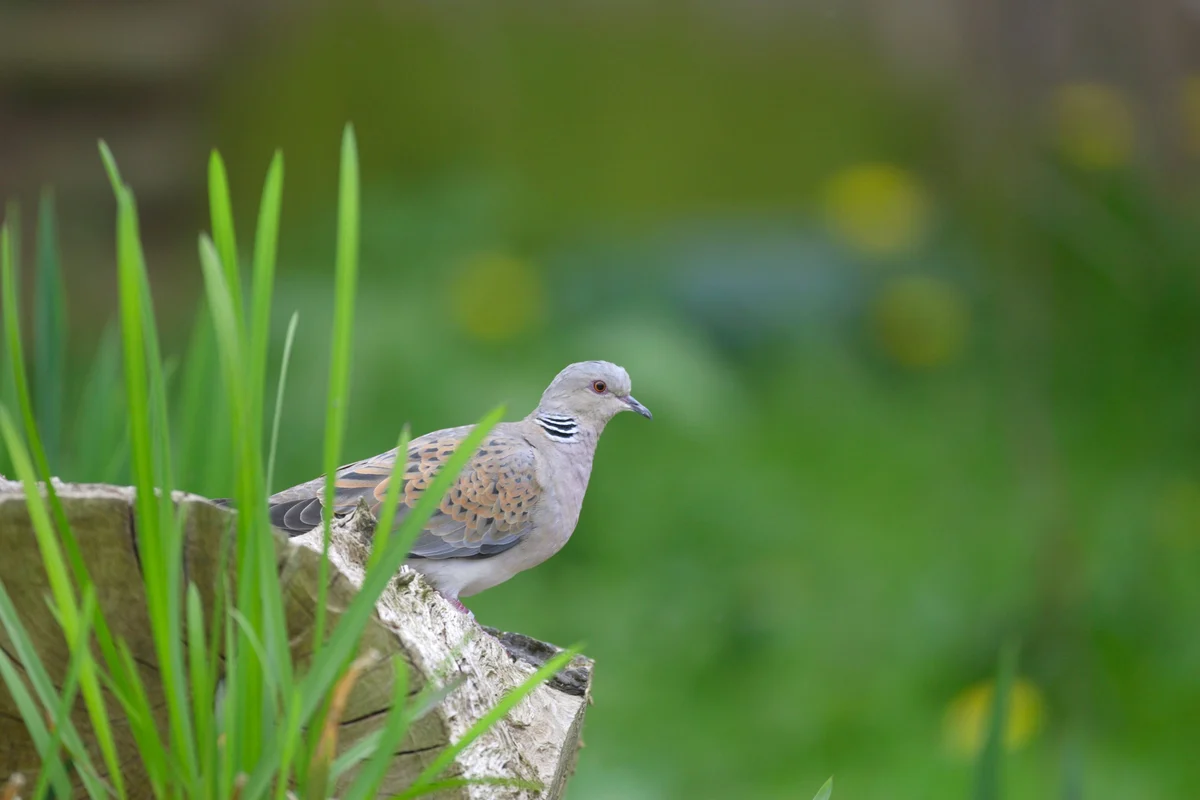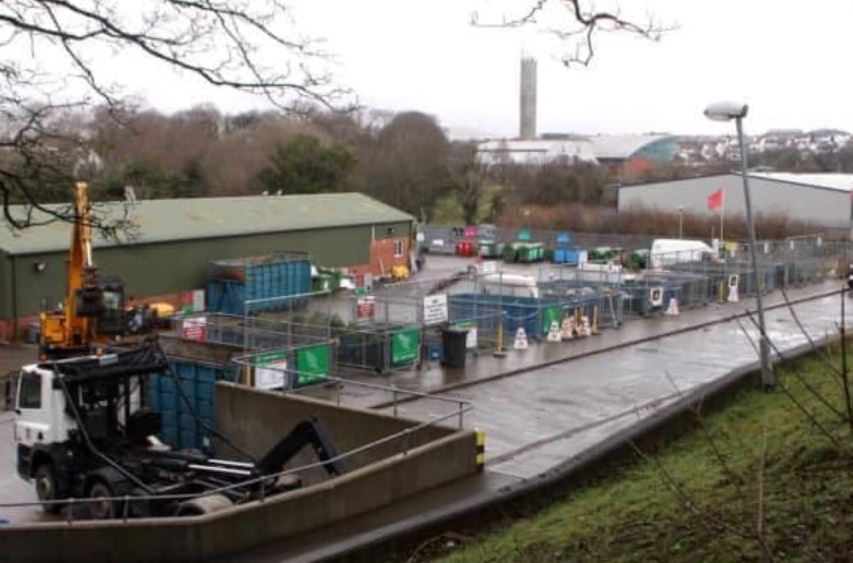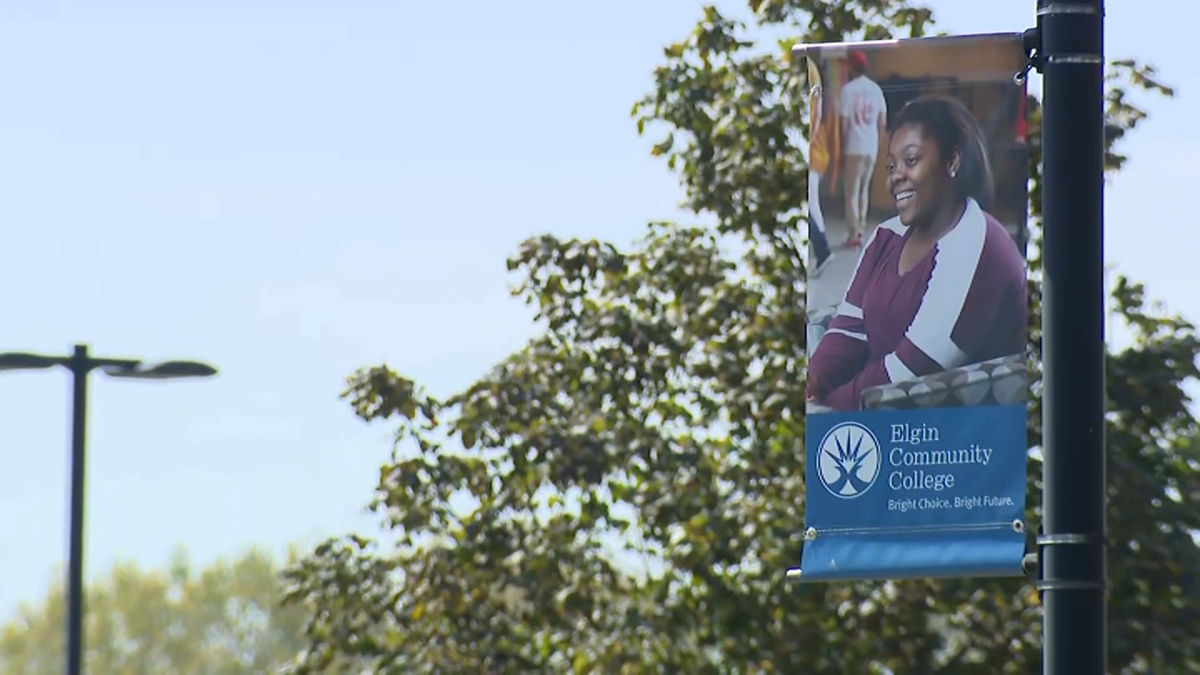By Emily Beament
Copyright standard

Conservationists have warned that British birds are being “pushed past their limits” as official figures showed ongoing declines in species in all habitats.
Data from the Environment Department (Defra) shows severe declines for farmland birds, with populations tumbling 62% since the 1970s and 11% in the past five years alone, with species such as turtle doves, grey partridges, tree sparrows and starlings particularly struggling.
Seabird populations across the UK have seen a sharp drop in numbers in the past five years of around 15%, with populations falling by 37% overall since the 1980s, with conservationists warning of the impact of bird flu on top of a “cocktail of growing pressures”.
The UK’s woodland birds have seen populations fall by around a third (32%) over the long term, and have continued to decline in recent years in England by around 6%, while breeding water and wetland birds have seen falls of around 11% in England since the 1970s.
Upland birds have declined by 11% in the long term, with species such as peregrine falcons and whinchats particularly struggling, and while there has been no or little change across the UK in the past five years, there have been falls of 6% in England.
Overall native wild breeding bird populations have declined by 18% across the UK and by 19% in England since 1970, the figures show.
In the short term, bird populations have fallen 4% across the UK and by 7% in the five years since 2019, the latest data shows.
In response to the figures, Professor Richard Gregory, RSPB head of monitoring conservation science, said: “Alarmingly, the new data show an accelerating pattern of decline in our bird populations, whether on our farmland, wetlands, uplands or seas, as they are pushed past their limits.
“Notably, seabirds have crashed in number, many hit hard by avian influenza, on top of a cocktail of growing pressures.
“Time is running out to meet Government targets to recover nature and yet we have the solutions and know-how, now we need all the different actors to pull together to bring UK birds back from the brink.”
Alice Groom, the RSPB’s head of sustainable land use policy, said the data showed once again the concerning declines in farmland birds, with species such as yellowhammers, turtle doves, lapwings and other farmland birds in “dramatic freefall” over the past 50 years.
She added: “Yet we also know that farmers working with nature can reverse these declines while also improving long-term food production.
“We need the UK Government to roll out a set of effective and well-funded nature-friendly schemes at scale, enabling farmers to manage 10% for nature, providing the year-round resources for farmland birds to rebound.
“This includes ensuring farmers already in schemes can continue to access funding.”



